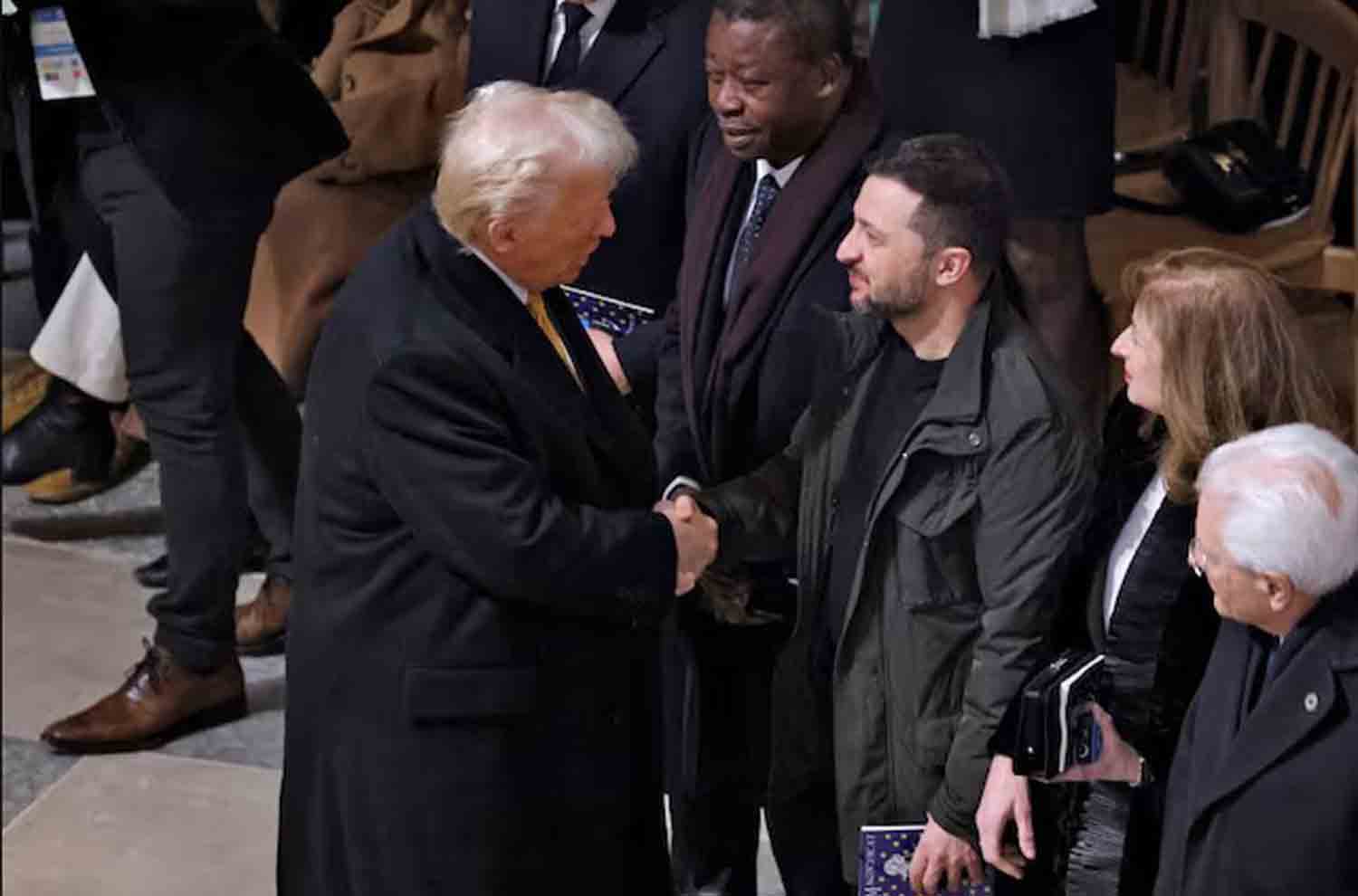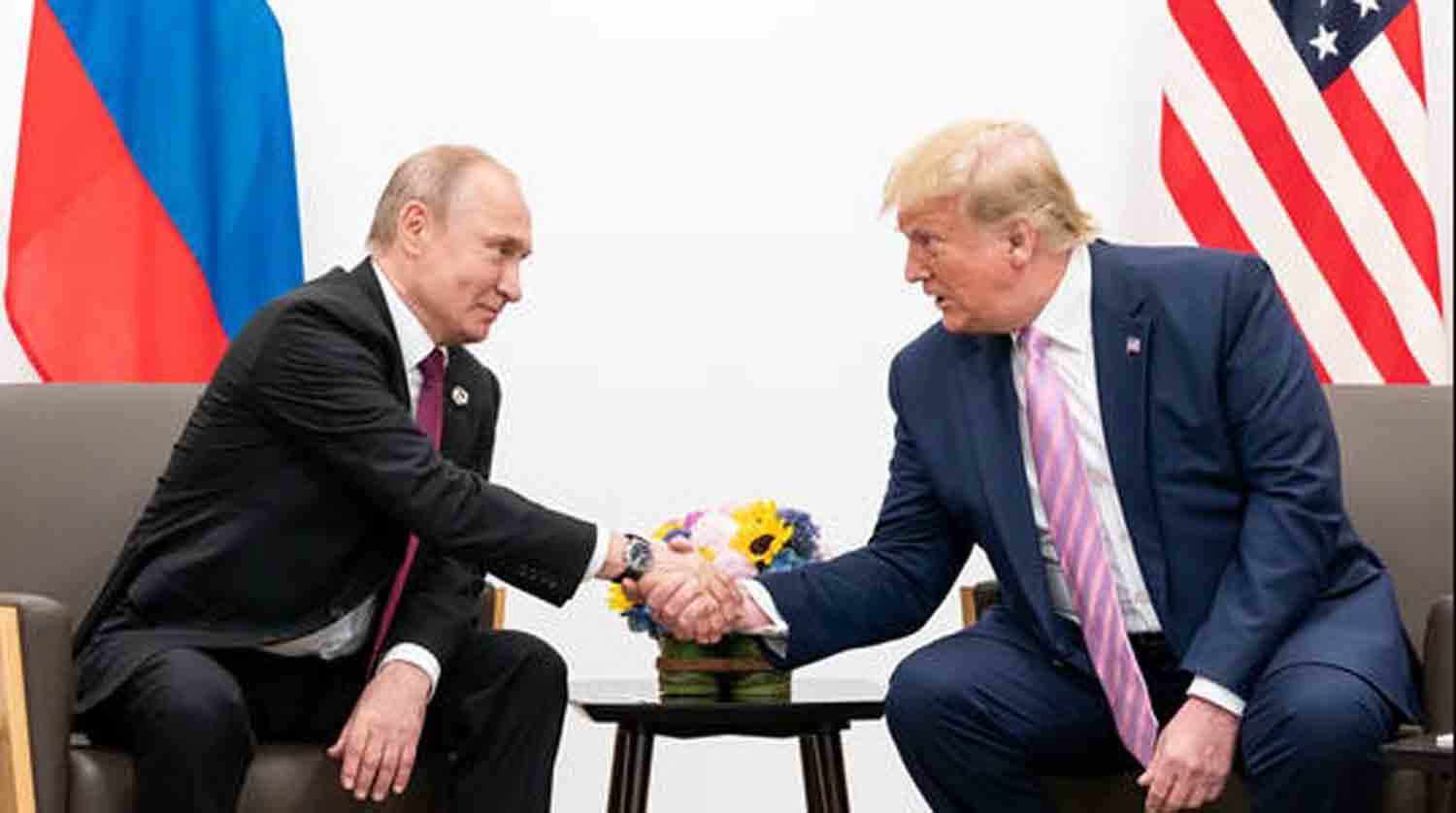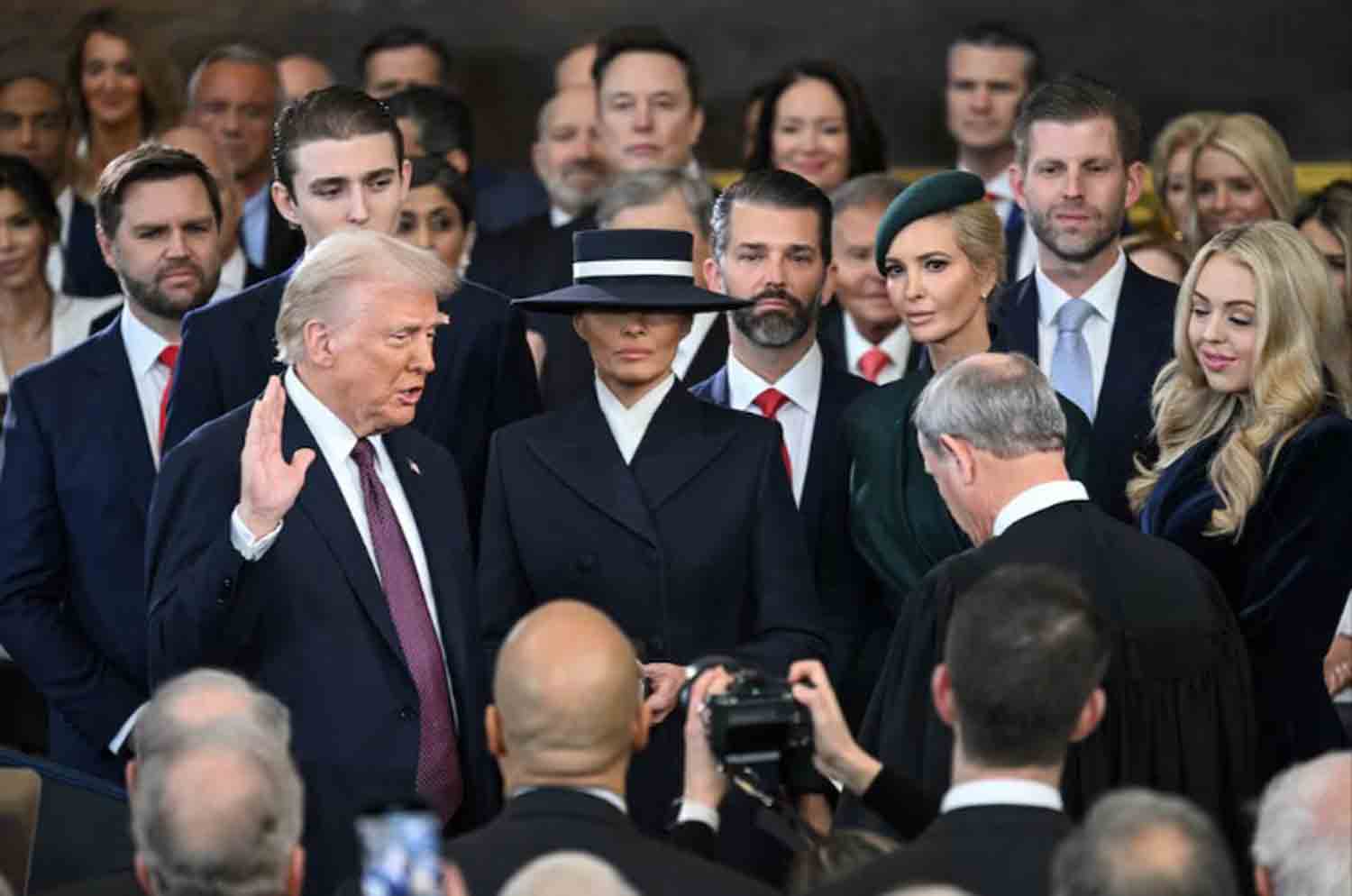Republican President-elect Donald Trump has announced his intentions to acquire Greenland, end the conflict in Ukraine, and significantly reshape the U.S. relationship with NATO during his upcoming four-year term. Recently, he has also threatened to take control of the Panama Canal and impose 25% tariffs on Canada and Mexico if they fail to address the influx of drugs and migrants into the United States. Below is an overview of the foreign policy initiatives Trump aims to pursue once he assumes office on Monday:
NATO, UKRAINE, AND EUROPEAN ALLIES
Trump has stated that his administration will undertake a comprehensive reassessment of “NATO’s purpose and mission.” He has committed to requesting that European nations reimburse the United States for nearly $200 billion in military aid provided to Ukraine, and he has not guaranteed any additional support for the Eastern European country. During the latter part of his first term, Trump reduced defense funding to NATO and has consistently argued that the U.S. contributes more than its fair share. Recently, he has suggested that NATO allies should allocate 5% of their gross domestic product to defense, significantly higher than the current 2% benchmark.
Regarding the war in Ukraine, Trump claimed during the 2024 election campaign that he would resolve the conflict prior to his inauguration. However, since his election, he has refrained from reiterating that promise, and his advisors now acknowledge that achieving a peace agreement may take several months. Trump has suggested that Ukraine might need to relinquish some territory to facilitate a peace deal, a stance supported by his senior advisors. While there is no detailed peace plan from Trump, most of his key aides advocate for excluding NATO membership for Ukraine from any potential agreement, at least in the near term, and they generally support maintaining the current front lines.
In early April, Trump indicated a willingness to provide additional financial support to Ukraine through a loan, yet he largely refrained from commenting during the heated congressional discussions surrounding a $61 billion aid package later that month.
TERRITORIAL EXPANSION
In mid-December, Trump announced his intention to acquire Greenland, a notion he had previously suggested during his term from 2017 to 2021. His earlier attempts were thwarted when Denmark declared that its overseas territory was not for sale.
Nevertheless, Trump’s interest in Greenland remains strong. At a January press conference, he did not dismiss the possibility of invading the island, framing it as vital to U.S. national security interests. Recently, he has also threatened to take control of the Panama Canal, accusing Panama of overcharging ships that navigate this essential trade route. Additionally, Trump has speculated about the possibility of making Canada a U.S. state, although his advisers have characterized these remarks as mere provocations rather than genuine geopolitical aspirations.
CHINA, TRADE, AND TAIWAN
Trump consistently threatens to implement significant new tariffs or trade restrictions on China and several allied nations. His proposed Trump Reciprocal Trade Act would grant him extensive authority to increase retaliatory tariffs on countries deemed to have established their own trade barriers. He has suggested a universal 10% tariff that could disrupt global markets, alongside a potential 60% tariff specifically targeting China. Trump has advocated for the revocation of China’s most favored nation status, which typically reduces trade barriers between countries. He has pledged to impose “aggressive new restrictions on Chinese ownership of any critical infrastructure in the United States,” and the official Republican Party platform supports prohibiting Chinese ownership of American real estate.
On Taiwan, Trump has asserted that the island should compensate the United States for its defense, claiming that it provides no benefits to the U.S. and has taken “about 100% of our chip business,” in reference to semiconductors. He has consistently stated that China would not dare to invade Taiwan during his presidency.
MEXICO, CANADA, AND NARCOTICS
Trump has threatened to impose broad 25% tariffs on Mexico and Canada if they fail to curb the influx of drugs and migrants into the United States. Leaders from both countries have attempted to demonstrate their commitment to addressing illegal immigration and the drug trade, although Trump’s specific plans for tariffs on these neighboring countries remain unclear. He has proposed designating Mexican drug cartels as foreign terrorist organizations and has suggested that the Pentagon should “make appropriate use of special forces” to target cartel leadership and infrastructure, a move likely to face opposition from the Mexican government. Additionally, he has indicated plans to deploy the U.S. Navy to enforce a blockade against the cartels and to invoke the Alien Enemies Act to deport drug dealers and gang members residing in the United States.
Civil rights organizations and Democratic senators have advocated for the repeal of the Alien Enemies Act, enacted in 1798, which grants the president certain powers to deport foreign nationals during wartime. The Republican Party platform also supports relocating thousands of troops stationed abroad to the U.S.-Mexico border to combat illegal immigration.
CONFLICT IN ISRAEL
Trump’s designated Middle East envoy, Steve Witkoff, collaborated closely with officials from President Joe Biden’s administration to negotiate the peace agreement announced earlier in January between Israel and the Palestinian militant group Hamas. Sources familiar with the discussions indicated that he exerted considerable pressure on both parties to reach a swift agreement, although the full extent of his involvement is still being revealed in the media.
Trump stated that there would be significant consequences if Israel and Hamas failed to establish a ceasefire agreement that would facilitate the return of hostages held by the Palestinian militant group in Gaza prior to his inauguration.
IRAN
Advisers to Trump have suggested a revival of the maximum pressure campaign initiated during his first term against Iran. This campaign aimed to impose stringent sanctions to cripple Iran’s economy and compel the nation to negotiate a deal that would restrict its nuclear and ballistic missile programs. While the Biden administration did not significantly ease the sanctions imposed by Trump, there is ongoing discussion regarding the intensity of their enforcement.
CLIMATE
Trump has consistently vowed to withdraw from the Paris Agreement, an international treaty designed to curb greenhouse gas emissions. He officially exited the agreement during his presidency, but the United States re-entered the accord under Biden in 2021.
MISSILE DEFENSE
Trump has committed to establishing a cutting-edge missile defense “force field” around the United States. He has not provided extensive details, other than indicating that the Space Force, a military branch created during his first administration, would play a central role in this initiative. Within the Republican Party platform, this force field is referred to as an “Iron Dome,” echoing the name of Israel’s missile defense system.
Discover more from Defence Talks | Defense News Hub, Military Updates, Security Insights
Subscribe to get the latest posts sent to your email.





